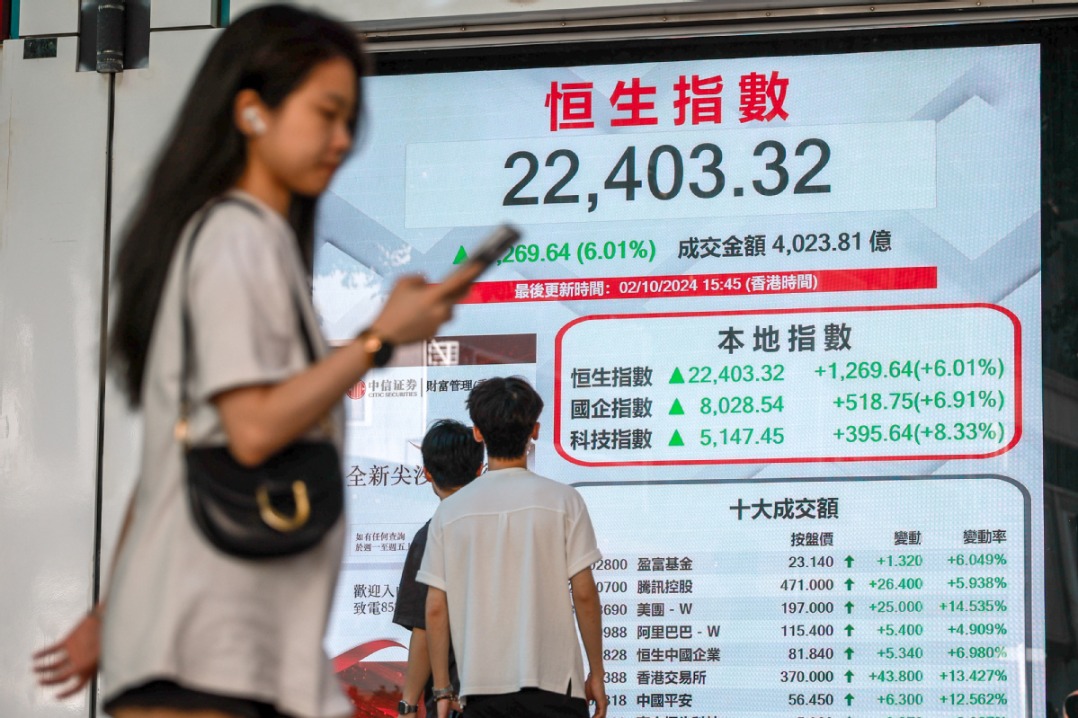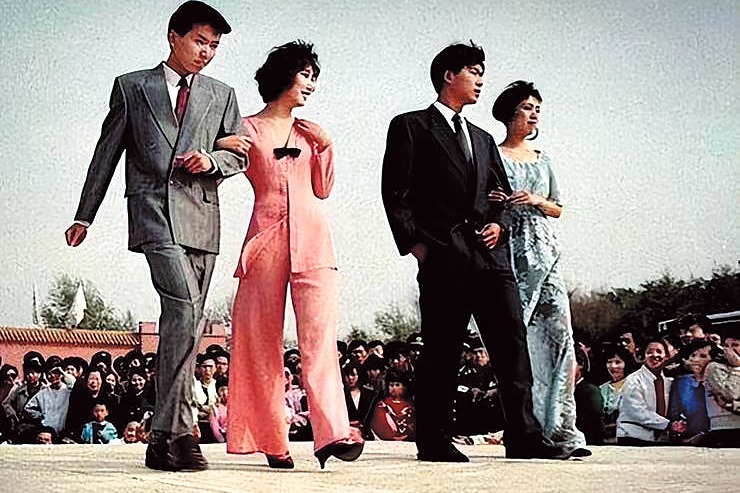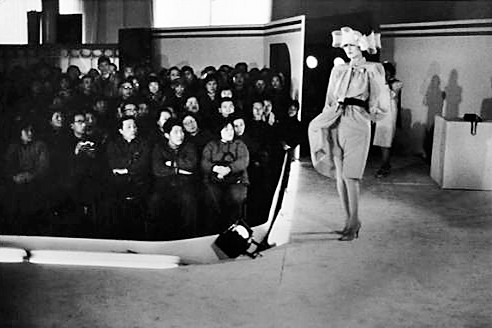One-China principle must not be flouted

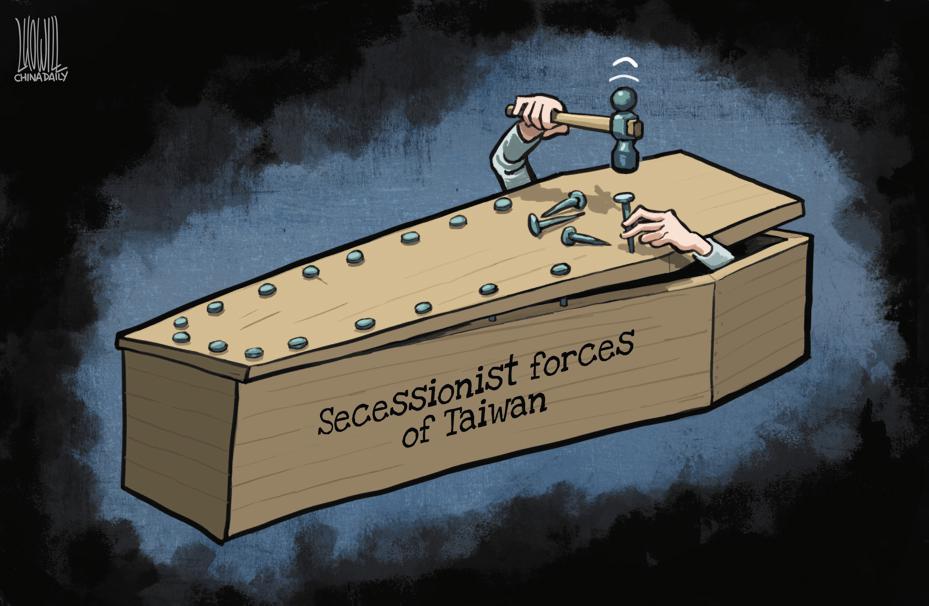
Washington has made it almost impossible for Beijing to settle the Taiwan question peacefully. Apart from paying scant respect to the one-China principle, which it has promised to adhere to in the three Sino-US joint communiques, the United States has been placing more and more stress on the so-called "Taiwan Relations Act" and "Six Assurances to Taiwan", further complicating the situation.
US State Secretary Antony Blinken has said the US will adjust its policy toward Taiwan based on what the Chinese mainland does across the Taiwan Strait. And US President Joe Biden has repeatedly indicated that Washington would defend Taiwan if the mainland were to use force to reunify Taiwan with the motherland. The US Congress, military, conservative think tanks and media all have speculated about the mainland launching an attack across the Strait to realize national reunification.
The US has always been alert to changes and developments across the world, and used them to its advantage. Now it is using the Ukraine crisis, by claiming that the Taiwan question is similar to the Ukraine crisis and making every effort to use Taiwan as a pawn to undermine China's development and progress. Obviously, the US is hollowing out its so-called "one-China policy" and wants to stir up trouble in the region so it can maintain its hegemony across the world.
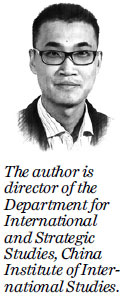
What the Biden administration has been doing runs counter to its statement that it does not support "Taiwan independence" and has no intention of using the Taiwan question as a tool to seek competitive advantage over Beijing.
Although the US claims it supports the peaceful resolution of the Taiwan question, it facilitates the sale of arms and military equipment to the island by creating fear about the mainland's so-called military build-up posing a threat to Taiwan. By "arming Taiwan", the US is turning the island into an "island of landmines" and encouraging separatists to intensify their mindless activities, which may scorch Taiwan.
When Washington says it wants to see peace across the Strait, it actually means it wants to incite trouble across the Strait, so it can use it as a pretext to increase its military presence in and maintain its stranglehold on the region.
Lai Ching-te, a leader of the Democratic Progressive Party in Taiwan, has announced that he will transit through the US on his way to Paraguay later this month, saying a Taiwan leader may soon walk into the White House, which is nothing short of declaring "Taiwan independence". It is the US that has prompted Lai to act so audaciously by giving him the permission to transit through one of its airports. Washington has acknowledged in the three joint communiques with Beijing that there is only one China and Taiwan is an integral part of China, and it will maintain contact with Taiwan only in that capacity. So it should not have given Lai the green light for the transit.
Lai is a dubious character, to say the least. He talks of peace while calling for "Taiwan independence" to win more votes in the upcoming election on the island. He also claims to be a "pragmatic Taiwan independence worker". Therefore, by transiting through the US, he will create more trouble, threatening peace in the Strait.
Taiwan is an inalienable part of China. And no one cherishes peace, stability and peaceful national reunification more than the Chinese people. National reunification will not harm the legitimate interests of any other country, including any economic interests they might have in Taiwan. Instead, it will create more development opportunities for other countries, and promote development and prosperity across the Asia-Pacific region and the world.
If the US really wants peace across the Strait, it should change its aggressive policies and support the peaceful development of cross-Strait relations, leading toward reunification, stop colluding with Taiwan separatists to escalate tensions, adhere to the one-China principle, and honor the commitments it has made in the three joint communiques.
The views don't necessarily reflect those of China Daily.

















